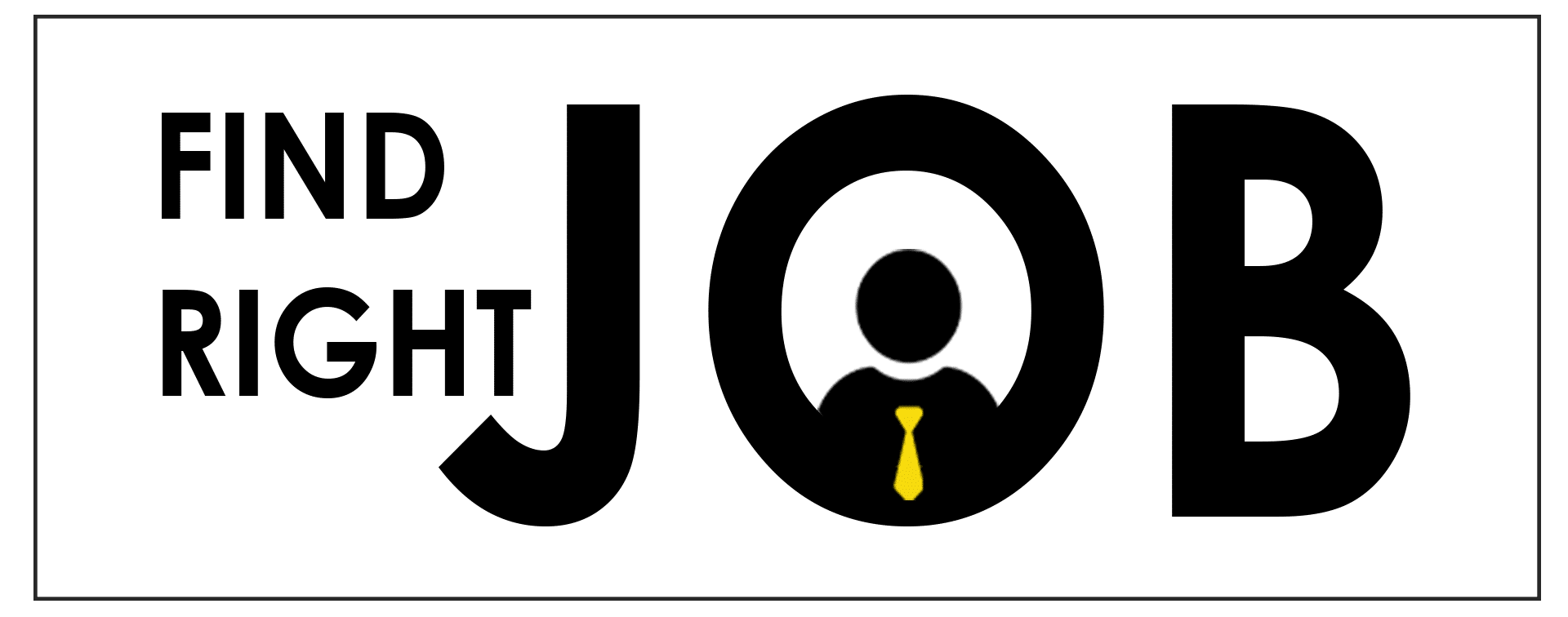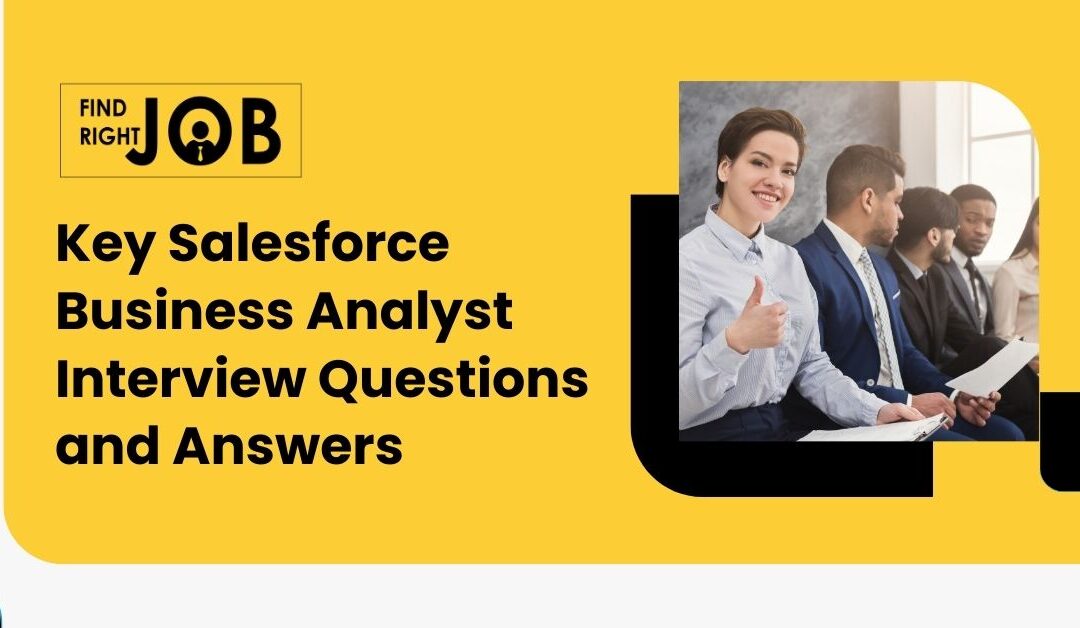Salesforce is a very popular tool that helps businesses optimize customer management. To become a Salesforce business analyst, knowing common interview questions is vital for feeling prepared and confident.
We will go through the best Salesforce business analyst interview questions and provide you with easy tips to answer them. With proper preparation, you can perform very well in your interview. Let’s now look at the most common Salesforce business analysts’ interview questions and how to handle them!
Advanced Salesforce Business Analyst Interview Questions
- What is a junction object in Salesforce, and how does it work?
A junction object in Salesforce is a rare object used to create a many-to-many relationship between two other objects. It serves as a link between two objects, like “Students” and “Courses,” with “Enrollments” connecting them. Each record in the junction object links one student to one course so that you can manage and track those relationships easily.
- What are the key differences between a role and a profile in Salesforce?
Salesforce’s role defines a user’s position in the organization and controls data access based on the classification. A profile determines what a user can do within Salesforce, for example, which features or records he or she can access. So, roles control data visibility, while profiles control permissions to perform actions on the records. Both are important in managing user access and security.
- What is a report snapshot, and how is it useful in Salesforce?
Salesforce offers a report snapshot to capture and store report data at a specific moment in time. You can track changes over time or make historical records of data. For instance, you can capture sales data every week for comparison. This will help analyze trends and inform better business decisions based on past information.
- How does the Salesforce sharing model work, and what are the different levels of access?
The Salesforce sharing model controls who may see and access records in Salesforce. It makes use of access levels to control data. The most important levels include:
- Private: Only the record owner and people above them in the hierarchy can see it.
- Public Read Only: Anyone can view but cannot edit the record.
- Public Read/Write: All can view and edit the record.
These are the settings that regulate who can see which information.
- How do a trigger and a workflow differ in Salesforce, and when should you use each?
In Salesforce, a trigger runs custom actions without prompting when a specific event occurs, like record creation or update. A trigger can handle complex work and work with multiple objects. A workflow is simpler and automates routine tasks, such as sending an email, based on certain conditions. You’d use a trigger for the complex, custom actions and workflow for the simpler, predefined tasks.
- What is the difference between a standard object and a custom object in Salesforce?
To perform an advanced computation in apex, you write a class and method to retrieve data, compute values, and store results. They are ready to use and designed to manage common business data. A custom object is created by the user to store unique business data not covered by standard objects. It allows you to tailor Salesforce according to your specific business needs.
- How would you use Salesforce’s apex programming language to perform a complex calculation?
To perform a complex calculation using Apex in Salesforce, you write custom code that runs when certain conditions are met. For example, by creating a class and method in Apex, you can calculate values and store them in custom fields. Apex is useful for complex calculations that can’t be achieved with basic formulas or workflows in Salesforce.
Conclusion
There is no need to panic about how to prepare for a Salesforce Business Analyst interview. By focusing on common Salesforce Business Analyst interview questions and practicing, you’ll be well-prepared for the interview. Stay calm, be clear, and showcase your skills effectively. By practicing the Salesforce business analyst interview questions, you’ll be more prepared for anything the interviewer asks. Proper preparation and focus on Salesforce Business Analyst interview questions bring you closer to securing your dream job!

